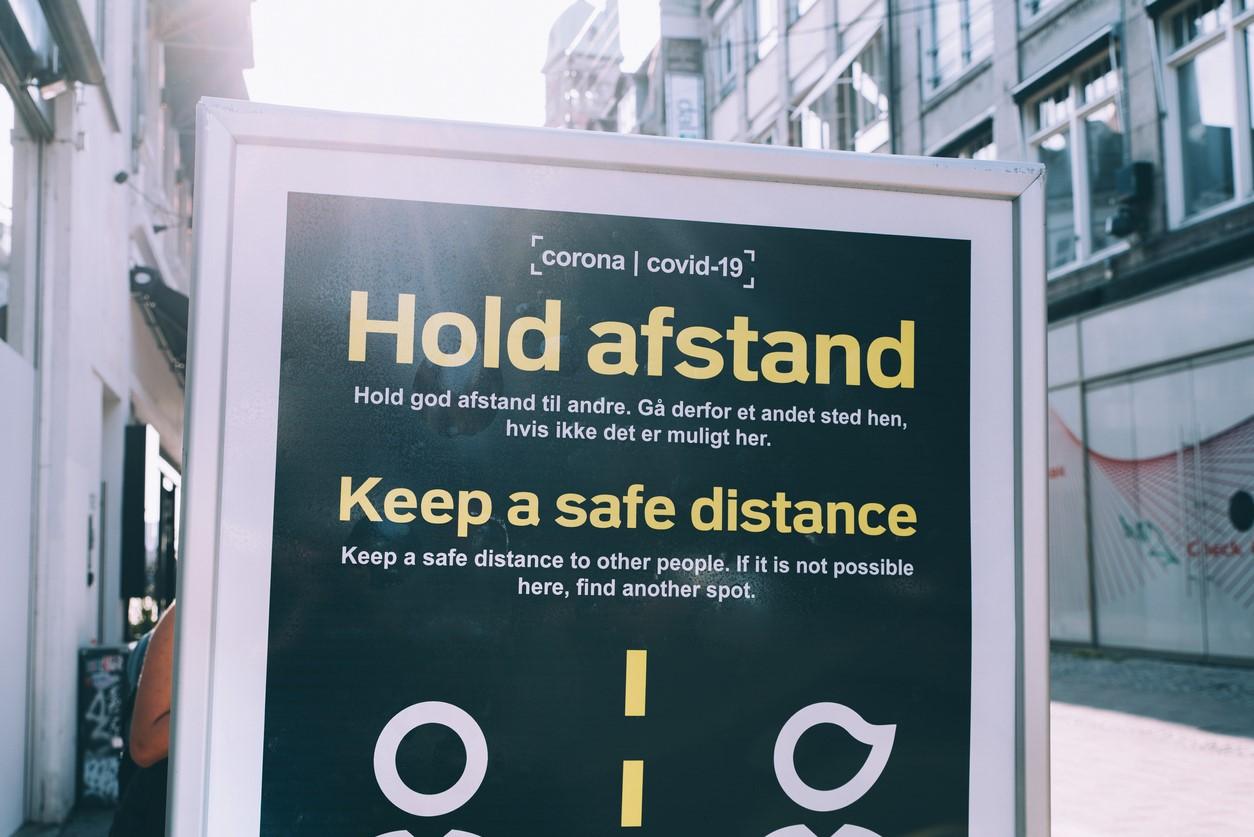Two countries that experienced early Omicron surges in Europe—Denmark and the Netherlands—today announced that they were stepping down their restrictions.
Meanwhile in Asia, variant surges are accelerating in countries such as Japan and South Korea, triggering tightened measures.
Loosened restrictions, declining ICU burden
In Denmark last week, public places such as museums opened after a 4-week COVID-19 lockdown, and today the country's epidemic committee recommended lifting all COVID-19 restrictions by the end of the month, according to Berlingske, Denmark's leading newspaper.
The group also recommended that, as of Feb 5, COVID-19 should no longer be categorized as a "socially critical" disease.
Denmark's prime minister is expected to address the recommendations at a briefing tomorrow, and the committee's assessment is expected to have broad support in parliament.
The country was one of the first in Europe to experience a surge in Omicron activity. Currently, Danish scientists are noting that the BA.2 Omicron subvariant numbers are rising rapidly and may become dominant. Researchers suspect BA.2 may be more transmissible than the parent virus, and studies are under way to gauge any differences regarding tests, vaccines, treatments, and clinical presentation.
The Netherlands' prime minister today announced that bars, restaurants, and theaters can reopen tomorrow, but with some restrictions for the next 6 weeks, including limited opening hours and sports stadiums at one-third capacity, according to Reuters. Cases in the Netherlands are still at daily record-high levels, but intensive care unit (ICU) admissions have dropped 34%.
Last week, Britain loosened some of its COVID-19 restrictions, given its assessment that the country's Omicron surge was past its peak and that ICU admissions had stabilized or were falling.
Omicron rises in South Korea, Japan
South Korea reported a new daily record high for COVID cases, and the Korea Disease Control and Prevention Agency said the Omicron variant is now dominant in the country, according to The Korea Herald. So far, ICU levels remain relatively low.
Government officials are planning new response steps, which include ramped up testing and centers to support at-home treatment.
Elsewhere, Japan's daily COVID-19 total rose above 60,000 for the first time today, and officials placed 18 more prefectures under a quasi-state of emergency, which now covers about 70% of the country, according to Reuters.
Government data show the percentage of hospital beds occupied by COVID-19 patients has risen to 50% in seven prefectures and 68% in Okinawa, according to Kyodo News.
More global headlines
- UNICEF said yesterday that the scale of education losses to children during the pandemic has been nearly insurmountable and that nearly 616 million students are still under full or partial school closure. Robert Jenkins, who leads UNICEF's education efforts, said just reopening schools is not enough. "Students need intensive support to recover lost education. Schools must also go beyond places of learning to rebuild children's mental and physical health, social development, and nutrition."
- Authorities in China yesterday lifted a month-long lockdown in the port city of Xian. Meanwhile, mass testing is under way in Beijing amid a small increase in COVID-19 cases just weeks ahead of the start of the Winter Olympic Games.
- Russia for the fifth day in a row reported record COVID-19 cases, with the Moscow area one of the hardest-hit areas and about 70% of the new cases reported in unvaccinated people.
- The global totals today reached 357,270,387 cases and 5,611,522 deaths, according to the Johns Hopkins online dashboard.




















